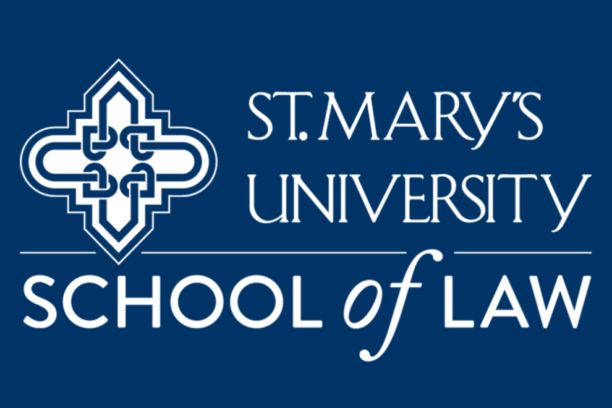
Summary: St. Mary’s University School of Law is holding its annual free workshop to help the public with their common legal questions.
St. Mary’s University School of Law holds an annual workshop, offering free legal advice to the public. The workshop can help people injured in a car accident, those having landlord/tenant problems, those curious about their Social Security disability benefits, or the changes to immigration law and policy.
The 24th Annual People’s Law School at St. Mary’s University will be held on Saturday, February 24. Local attorneys attend to deliver free education on some of the common legal problems. The San Antonio Bar Foundation partners with the law school’s Pro Bono Program to hold the event.
St. Mary’s University School of Law’s Pro Bono Program Supervisor Greg Zlotnick told the St. Mary’s University press that he enjoys seeing how the workshop benefits the attendees and the law school students in charge of organizing the event. He said, “A lawyer’s service to the community can take many forms. Our law student volunteers will see attorneys share their expertise with individuals who may not otherwise have access to a lawyer. Our hope is that our law students remember this spirit of service and incorporate it into their own practices after graduation.”
The event is divided into four 45-minute sessions with topics including wills, divorce, guardianships, auto accident recovery, bankruptcy and foreclosure, immigration policy changes, landlord/tenant rights and responsibilities, social security and SSI disability benefits, identify theft and planning for nursing home or in-home care. After each presentation, the attendees can ask specific questions from the presenters.
Attorney Steven Medina will be giving the first session that is attended by all. The session is titled “Wills and Powers of Attorneys.” They provide documents to the attendees that can be extremely useful for them to prepare now before “they are too sick or otherwise incapacitated.” He explained that too often people request a will or power of attorney when things get too late and “their parent or spouse has been diagnosed with dementia or have already been determined to be mentally incapacitated and they are left with limited, expensive options. These documents are relatively simple to understand and complete. Living life thinking, ‘I will get around to doing it later,’ just never comes.”
Do you think all communities should provide these kinds of events? Share your thoughts with us in the comments below.
To see what other law schools offer their public for free, read these articles:
- UCLA Law Launches Documentary Film Legal Clinic
- Lincoln Law School to Provide Free Legal Aid to Entrepreneurs
- UCLA Law School Opens Music Industry Clinic
Photo: sanantoniobar.org
